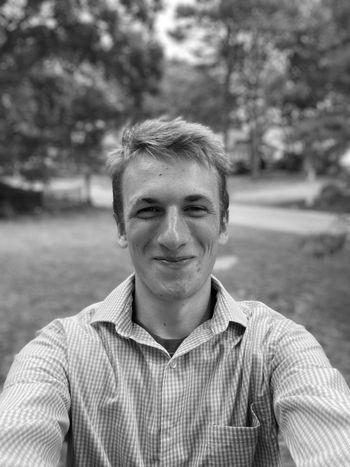Harvard law prof says canceling speaker invites is ‘form of expression’
'A disinvitation is, itself, a form of expression. . . . Just suppose the people doing the inviting have operated in a corrupt way, or in a way that you think is appalling,' the professor said.
His debate partner disagreed, saying: 'Disinviting people because you disagree with their views . . . is anti-free speech conduct, it is part of the anti-free speech movement.'
A Harvard University Law School professor recently defended disinviting speakers as a legitimate method of “expression.”
The professor, Randall Kennedy, made his comments during a discussion titled: “Does Harvard Support Free Speech and Intellectual Diversity?” in which he debated George Washington University law professor Jonathan Turley.
“A disinvitation is, itself, a form of expression. . . . Just suppose the people doing the inviting have operated in a corrupt way, or in a way that you think is appalling,” Kennedy said.
[RELATED: Harvard to ask undergraduate applicants about time ‘they strongly disagreed with someone’]
Describing a hypothetical scenario, he said: “The higher ups here make an invitation to someone and I say, ‘Well, I’m a member of this community, I don’t like that, I want you to disinvite this person.’ As far as I’m concerned, that’s a political issue. Maybe I win, maybe I lose, but it’s a matter of principle.”
Turley disagreed, saying that “deplatforming,” “shouting down a speaker,” using the “heckler’s veto,” and “disinviting” are not “forms of free speech.”
He added that there should be consequences for such behavior, saying that “students should be suspended for interrupting speakers.”
“Disinviting people because you disagree with their views . . . is anti-free speech conduct, it is part of the anti-free speech movement.” He said that many such “cancel campaigns” have “succeeded at Harvard.”
“Think about [that] just for a second: How many truly controversial speakers from the right you have heard from at Harvard University. Because the statistics aren’t good. . . . there’s a reason why Harvard, year in and year out, is ranked at the bottom of free speech lists.”
The Foundation for Individual Rights and Expression’s (FIRE) free speech rankings, published on Sept. 5, found that Harvard scored the very last place with an “abysmal” speech climate rating. In its 2023 rankings, FIRE also gave Harvard an “abysmal” score, the first such time that any university received the rating.
[RELATED: PROF. JENKINS: How you can promote free speech on your campus]
FIRE notes that, at Harvard, “70% of students say shouting down a speaker to prevent them from speaking on campus is at least rarely acceptable,” almost one in four students believe that “using violence to stop someone from speaking on campus” can be “acceptable,” and “53% of students say they have self-censored on campus at least once or twice a month.”
Kennedy told Campus Reform: “My point was that there is nothing wrong in principle with a member of a university community asking authorities who have issued an invitation to a speaker to reconsider and rescind the invitation. The request may be mistaken or well-taken depending on the reasons behind it.”
“There is nothing in principle that makes the issuing of an invitation to speak a decision beyond reconsideration,” he concluded.
Campus Reform has contacted Harvard University for comment. This article will be updated accordingly.

